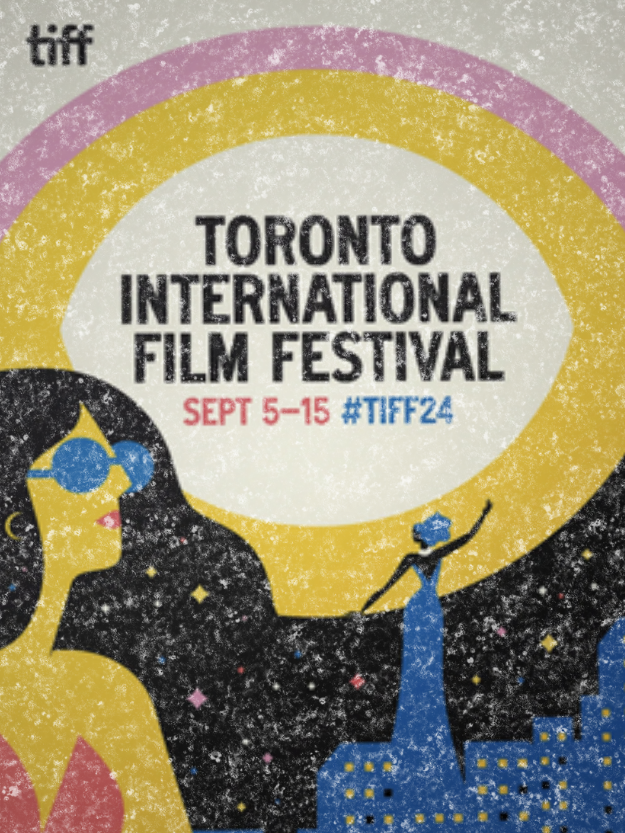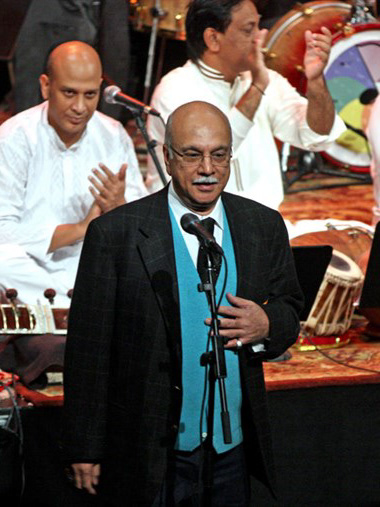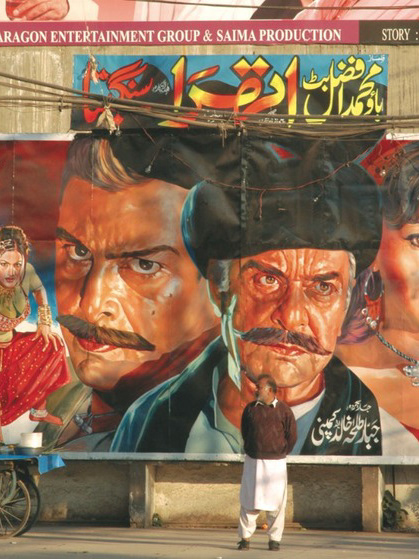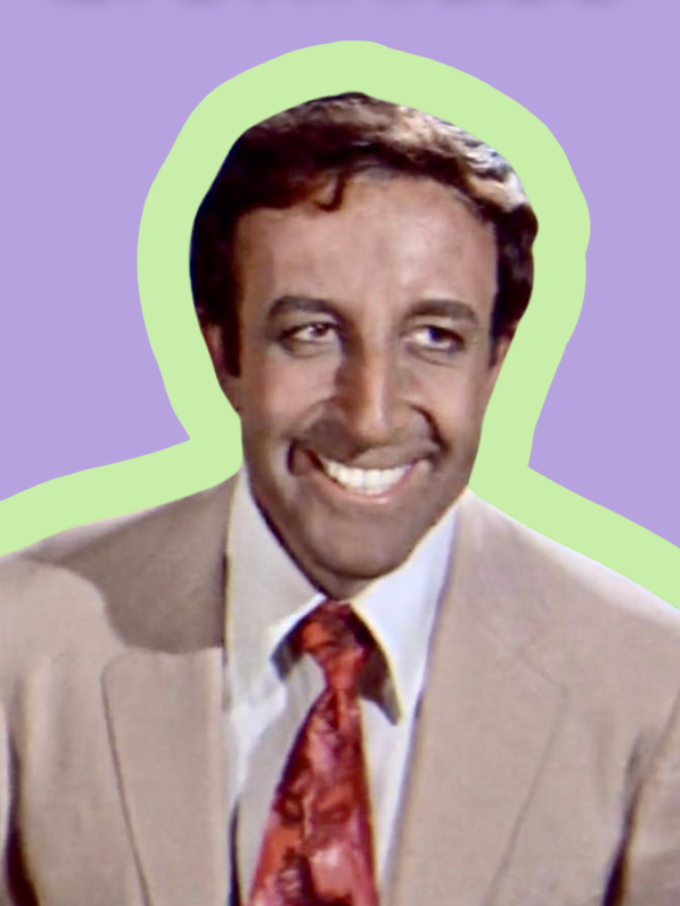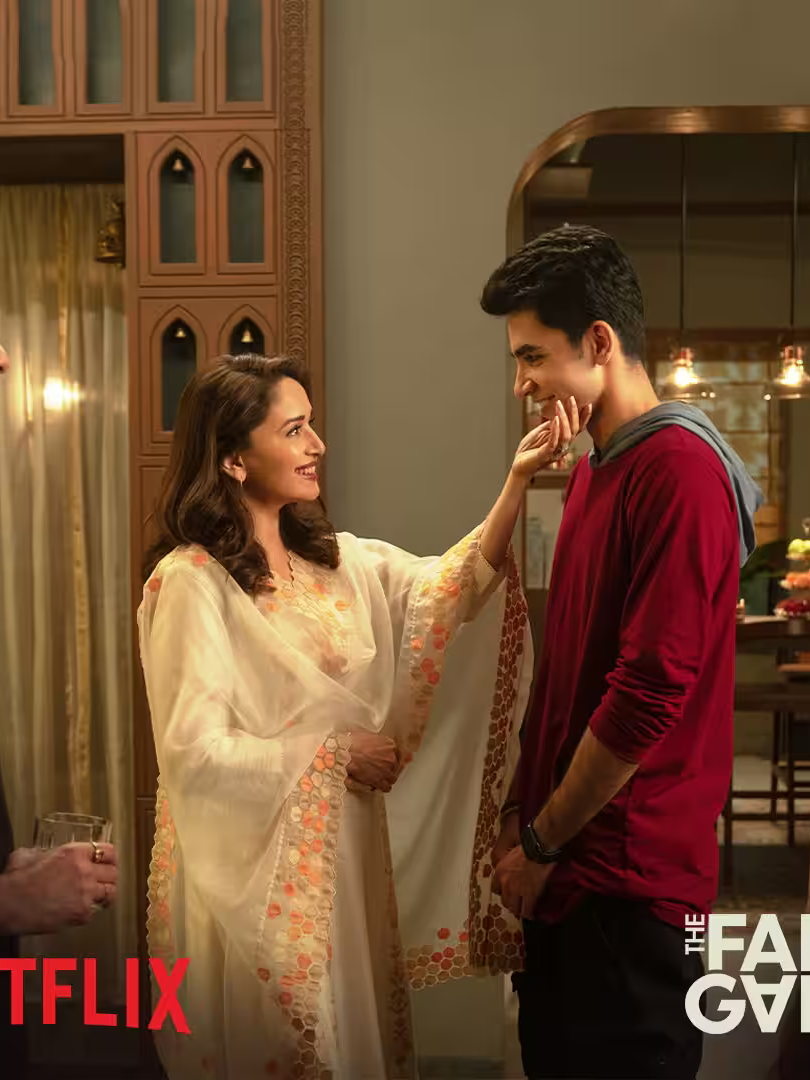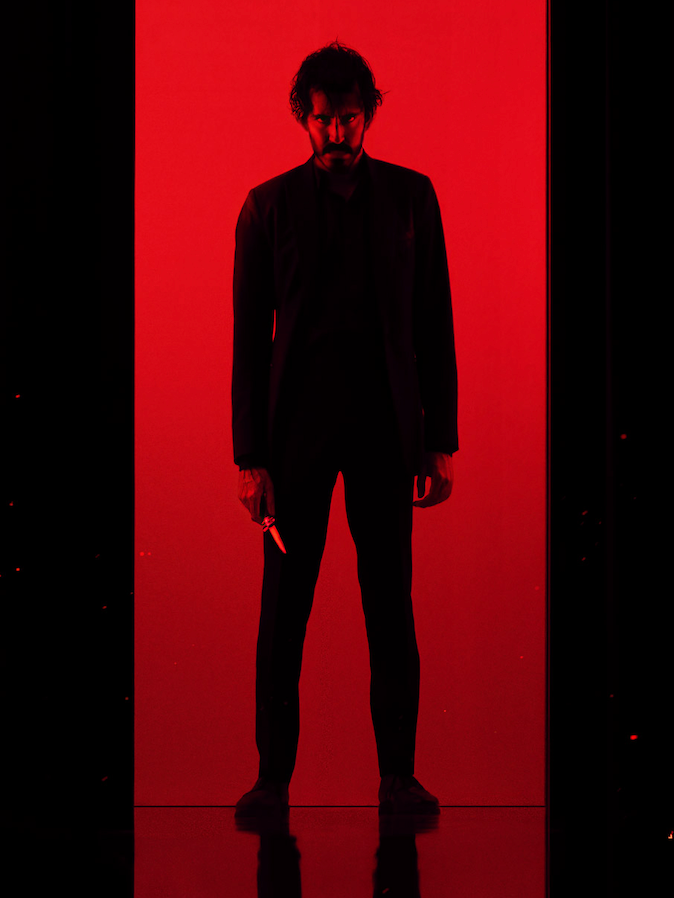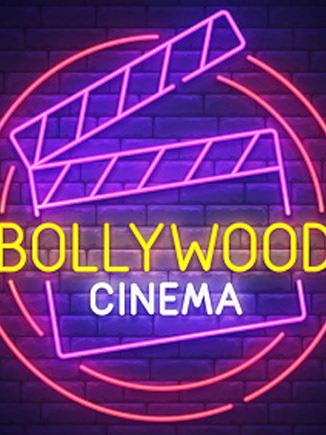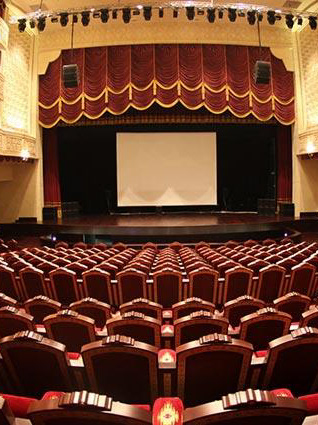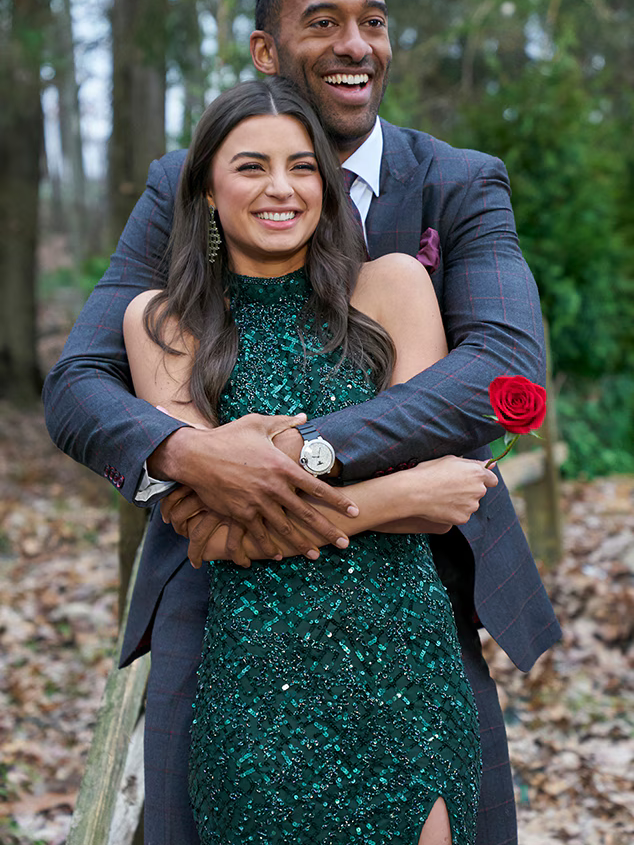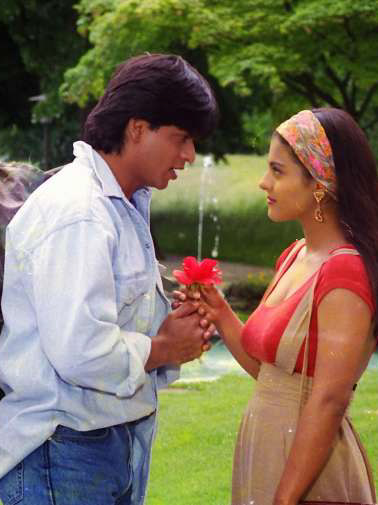“Ms. Marvel” gives the Pakistani-American youth today everything that I wish I had while growing up in the US. As an avid media consumer myself, I grew up glued to the television screen, but growing up, the television and I’s connection became that of a love-hate relationship. It was hard to build a connection with my culture and religion when it was villainized in so much of the television that we were exposed to. This growing disconnection—alongside the constant negative portrayal of Muslims—planted a seed of Islamophobia many children were initially unaware of. It just happened and we were confronted with it in public places and schools, but we didn’t even understand it enough to put a name on it.
Kamala's Ammi (Zenobia Shroff) and Kamala (Iman Vellani) bond over heritage to heal intergenerational trauma.
This act went on to invade the very television screens that people around the world were addicted to watching. It’s ironic how people shield their children from watching all sorts of media, specifically, content with profanity or deemed to be vulgar. But, the same people have never considered the detriment of exposing children to the on-screen misrepresentationof their own culture or religion. I would sit with my family as they watched action and crime shows like “24” and “Criminal Minds.” These two specific shows, especially “24,” constantly linked Islam with its negative characters. And this association resulted in some of the everyday activities, that I deemed as peaceful, being painted in an entirely different light.
When my family would pray together at home, it was always a moment of peace and spirituality that I looked forward to the most. However, when displayed in a television series like “24,” those who were shown praying were put in dark lighting with a newscast playing in the background. In this way, an activity that conveyed peace throughout my entire household, was wrongfully used in television shows to foreshadow terrorist activities. Comparatively, other popular shows featured characters such as Apu in “The Simpsons” and Raj Koothrappali in “Big Bang Theory.” This inaccurate representation gave room to ignorant people in the real world to mock South Asians and Muslims for thick accents and other over-dramatized characteristics. Ever since the events leading up to [and after] 9/11, it became second nature to typecast Arabs, South Asians, and Muslims as ‘terrorists’ and caricatures with thick accents in several shows.
Likewise, it became difficult to see myself as anyone other than what was shown to me. With the Islamophobic slurs that were said to me in passing, I unknowingly started to believe what I saw on screen more and more. Any time I saw a man with a thick beard, or someone with an accent just as thick, I kept my distance, despite the fact that I was one of them. My first memories of traveling consisted of silently praying that my family members or I would not get stopped by security. I knew that we had nothing harmful and had done nothing wrong, but I couldn’t help but feel that it had become a customary part of the traveling experience. The inaccurate perception of my own culture—when viewed through the ignorant lens of mainstream media—had a negative impact on my perception of self in a society that perpetuated harmful stereotypes.
Nakia (Yasmeen Fletcher) and Kamala (Iman Vellani) discuss campaign strategies to introduce new voices and ideas to the mosque.
There are many reasons why “Ms. Marvel” holds a special place in my heart. Not only does this show portray a story about a Pakistani-American from New Jersey, like myself, but the storyline and cinematography are absolutely incredible. Overall, the series prides itself on its narrative strength as well as its cultural significance. And while the entire series revolves around a teenage superhero, it simultaneously acts as an ode to diasporic Pakistani culture. Likewise, “Ms. Marvel” showcased Pakistani-American family dynamics, wedding events, subtle WhatsApp jokes, music, and so much more. I could finally see a version of myself that was accurate on-screen and I found the reassurance I needed my entire life in media, through “Ms. Marvel.”
Besides the superpowers Kamala possessed, the cinematic world designed by the creator, Sana Amanat, emulated so much of what my life in the States has been. In Kamala’s relationship with her mother, we see the constant struggle of wanting to go out and experience new things, but struggling to understand that your family’s restrictions actually come from care and fear of the world that we live in. Nakia was not oppressed from wearing her hijab, but empowered—as she should be—by her choice and pride in wearing it. Bruno was endeared by the Khan family’s welcoming and hospitable demeanor. And overall, throughout Kamala’s entire journey, she found serenity and clarity in her cultural roots by traveling to Pakistan and reconnecting with her grandmother.
In true Pakistani fashion, the community joins together to celebrate the union of two families through a beautiful and vibrant marriage.
I was at a Dholki (wedding party) the other night, and family members sang a Pakistani classic, “Koko Korina,” while recounting how it was featured in the first episode of “Ms. Marvel.” The release of episodes became a talking point within our Pakistani community. A talking point amongst all generations! For the first time, there was a relatability in dialogues, and the absence of stereotypical oppressive narratives. While uncles tend to talk about politics, aunties talk about drama serials, and the youth talk about new trends, “Ms. Marvel” managed to highlight all these interests within our community; bringing all these generations together.
Aisha (Mehwish Hayat) and Hasan (Fawad Khan) are trying to escape in the midst of the India-Pakistan partition.
The series highlighted Pakistan’s political, religious, and economic struggles amidst the India-Pakistan partition in 1947. It also featured actors from our country’s most famous television series and films, such as Samina Ahmed, Mehwish Hayat, Nimra Bucha, and Fawad Khan. The show also highlighted the power that social media has in amplifying voices like Kamala Khan within this cinematic universe. It’s rare to find a conversation topic that resonates across generations within one cultural community, but “Ms. Marvel” has done that for us.
Kamala is stepping in as the "Brown Girl from Jersey City" who will save the world.
The series created a focal point within our South-Asian Muslim community and an opportunity for our family to sit together every week. We would watch the show together and discuss the plot, recount where we had seen some of these Pakistani actors in the past, and how far we’ve come regarding representation. I am proud of how Pakistanis have been able to permeate this thick wall between Western and Pakistani media. As much as I wish that I had grown up with “Ms. Marvel” on-screen—more than anything—I am excited for the strength and comfort it will deliver to the next generation of South-Asian Muslim Americans today. We are finally starting to be seen for who we truly are by the rest of the world.
